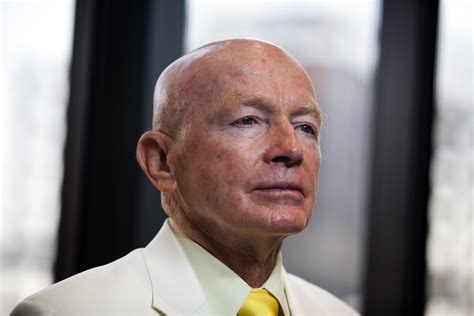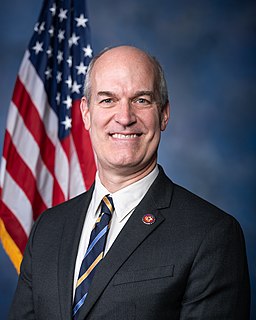A Quote by Ian Bremmer
In the nearer term, the likeliest source of risk is a conflict between China and the U.S. These are now the two largest economies in the world, and the combination of their economic interdependence, the sharp differences in their political and economic values, and the growing divergence in their interests makes this relationship potentially dangerous for everyone who might be affected by it - which means pretty much everyone.
Related Quotes
In the model that we grew up with, governments rule physical territory in which national economies function, and strong economies support hegemonic military power. In the new model, already emerging under our noses, economic decisions don't pay much attention to national sovereignty in a world where more than half of the one hundred or two hundred largest economic entities are not countries but companies.
The BRIC countries - Brazil, India, China, Turkey, South Africa, Indonesia even, and Russia - are now new actors. Over the last eight years, China multiplied by seven its economic presence and penetration in the Middle East. And if this happens on economic terms and there is a shift towards the East, the relationship between these countries and Israel is completely different from the United States. And it means that the challenges are going to be different, because China is not supporting Israel the way the U.S. are supporting Israel.
Growing economies are critical; we will never be able to end poverty unless economies are growing. We also need to find ways of growing economies so that the growth creates good jobs, especially for young people, especially for women, especially for the poorest who have been excluded from the economic system.
Over the longer term, China will grow by about 6% or 7% per year. The Chinese authorities usually react pretty quickly to unfolding economic events, and you've seen them recently change a whole bunch of policies to be more conducive to growth. They have the power and capability to macromanage the economy - to accomplish their growth objectives - which means they're pretty much going to come close to what they say is going to happen.
Money is not a part of the visible sector of the economy; people do not consume money. Money is not a physical factor of production, but rather a yardstick for measuring economic input, economic outtake and the relative values of the real goods and services of the economic world. Money provides a method of measuring obligations, rights, powers and privileges. It provides a means whereby certain individuals can accumulate claims against others, or against the economy as a whole, or against many economies.
The truth is that we have long had a multi-track Europe with very different objectives. The traditional differences between the north and the south in fiscal and economic policy are far less problematic than those that exist between Eastern and Western Europe. In the south and east, China is steadily gaining more influence, such that a few EU member states no longer dare to make decisions that run counter to Chinese interests. You see it everywhere: China is the only country in the world that has a real geopolitical strategy.
The millennium development goals are important, both morally and economically, because much of the world's population maybe is as much as a third of the world's population hasn't yet reached the level of economic development where we begin to get a dissociation from people's economic status and their reports about personal happiness. So we really do need to do much more and much more effectively in order to give everyone the kind of basis for which they can have good vibes.
Viewed as a means to the end of political freedom, economic arrangements are important because of their effect on the concentration or dispersion of power. The kind of economic organization that provides economic freedom directly, namely, competitive capitalism, also promotes political freedom because it separates economic power from political power and in this way enables the one to offset the other
Just as it wouldn't be right to only to have an economic dialogue with China, equally you shouldn't restrict your dialogue solely to issues around, say, human rights. You can raise all those issues, and that is what reflects a mature discussion. So I don't think essentially we have to choose between being partners in China's economic development and being proud defenders of British values.
There are all sorts of institutions in the economic world which depart from the simple price/market model which I worked on in an earlier incarnation and which has been sort of the mainstream of economic theories since Adam Smith and David Ricardo. There are all sorts of contractual relations between firms and individuals which do not conform to the simple price theory - profit-sharing schemes and so forth - and the explanation for these suddenly became clear. We now understand why these emerged and that they are based on differences in information in the economy.





































